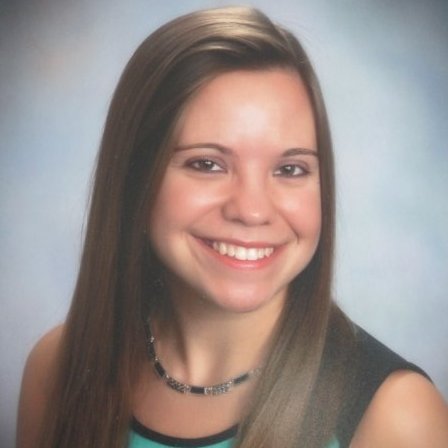By Lina Sorg
Software remains the foundation of continued discovery in computational science and engineering (CSE). However, recent advancements in scientific computing and extreme-scale systems are putting increased pressure on software in terms of reliability, reproducibility, and productivity. In response, computational scientists are coming together to elevate software quality and raise awareness of effective software and its applications. “We’re ultimately hoping to change the world, one bit of software at a time, by adapting best practices and sharing them among each other,” Hai Ah Nam of Los Alamos National Laboratory said.
Nam is a member of the Better Scientific Software (BSSw) community — a group of researchers, practitioners, and stakeholders who are dedicated to curating, creating, and disseminating information that leads to improved software for CSE and related technical computing areas. During a minisymposium presentation at the 2021 SIAM Conference on Computational Science and Engineering, which is taking place virtually this week, Nam overviewed the BSSw community. The BSSw site launched in 2017 as part of the grassroots movement of scientific software development and has since grown to accept submissions from both the U.S. and international CSE community. BSSw contributors—who are affiliated with national laboratories, academic institutions, and industry organizations—submit material based on their own experiences that then becomes a valuable resource for software improvement. “Sometimes we need some advice or guidance on what’s most relevant in a field that is moving so quickly,” Nam said. The site is built on a standard GitHub backend to facilitate broad participation and collaborative interactions that ultimately evolve the platform into a vibrant community resource that promotes good software practices and reliable, computationally based scientific results. The community is comprised of volunteers, though BSSw does receive some institutional support from the Department of Energy (DOE) Office of Advanced Scientific Computing Research and the DOE Exascale Computing Project.
Nam is also the coordinator of the BSSw Fellowship Program, which was born from a desire to inspire the next generation of practitioners. It provides recognition and funding to leaders and advocates of high-quality scientific software. The program also hopes to build a growing community of BSSw Fellowship alumni who can help select future Fellows and serve as leaders, mentors, and consultants to increase the visibility of researchers that are involved in scientific software production and sustainability.
Better Scientific Software (BSSw) focus areas and subtopics.
BSSw typically chooses three Fellows per year and several honorable mentions. Fellows are selected based on an application process that includes a proposed funded activity that promotes better scientific software. Selected Fellows receive up to $25,000 (in addition to customary overheads) and can choose to organize a workshop, prepare and present a tutorial, or create content to engage and impact the scientific software community. “We want to make sure we fund the best practice, not just the research,” Nam said. Applications should emphasize activities with a broad-impact view, ideally with an element that could serve more than one set of people at one particular event and benefit the entire scientific software community.
BSSw welcomes applications from anyone who is passionate about scientific software and eager to contribute powerful ideas, tools, and methodologies that improve software quality. To be eligible for consideration, candidates must be affiliated with a U.S.-based institution like a government laboratory, university, or corporation.
Applications for the next round of Fellows open in August 2021, and Nam encouraged all interested persons to apply. “We need to support the community, and the community is people,” she said. “We want to make sure that we provide the funding to support practitioners who are going to foster and promote the practices, processes, and tools to improve developer productivity and software sustainability of scientific codes.”
 |
Lina Sorg is the managing editor of SIAM News. |